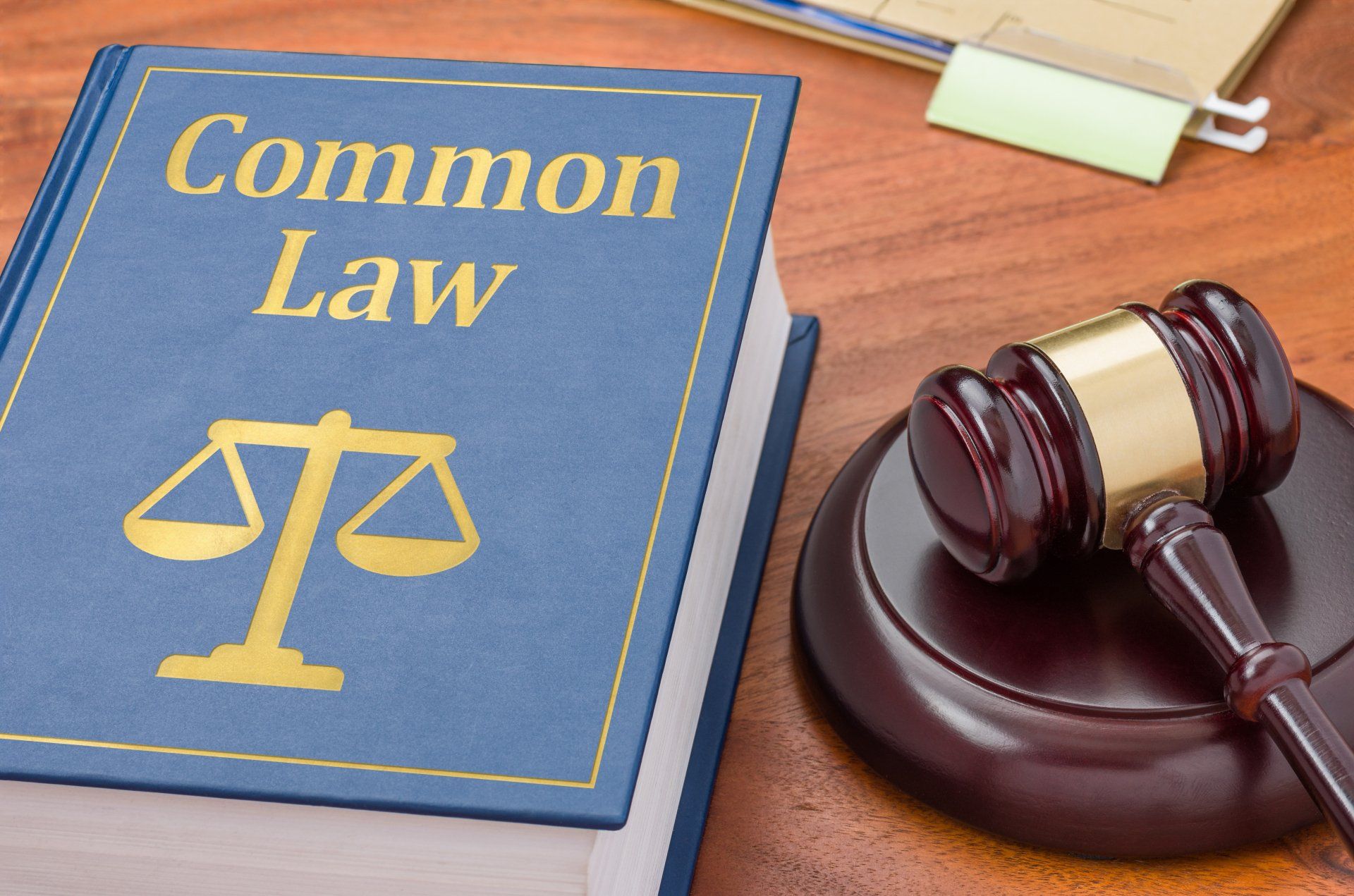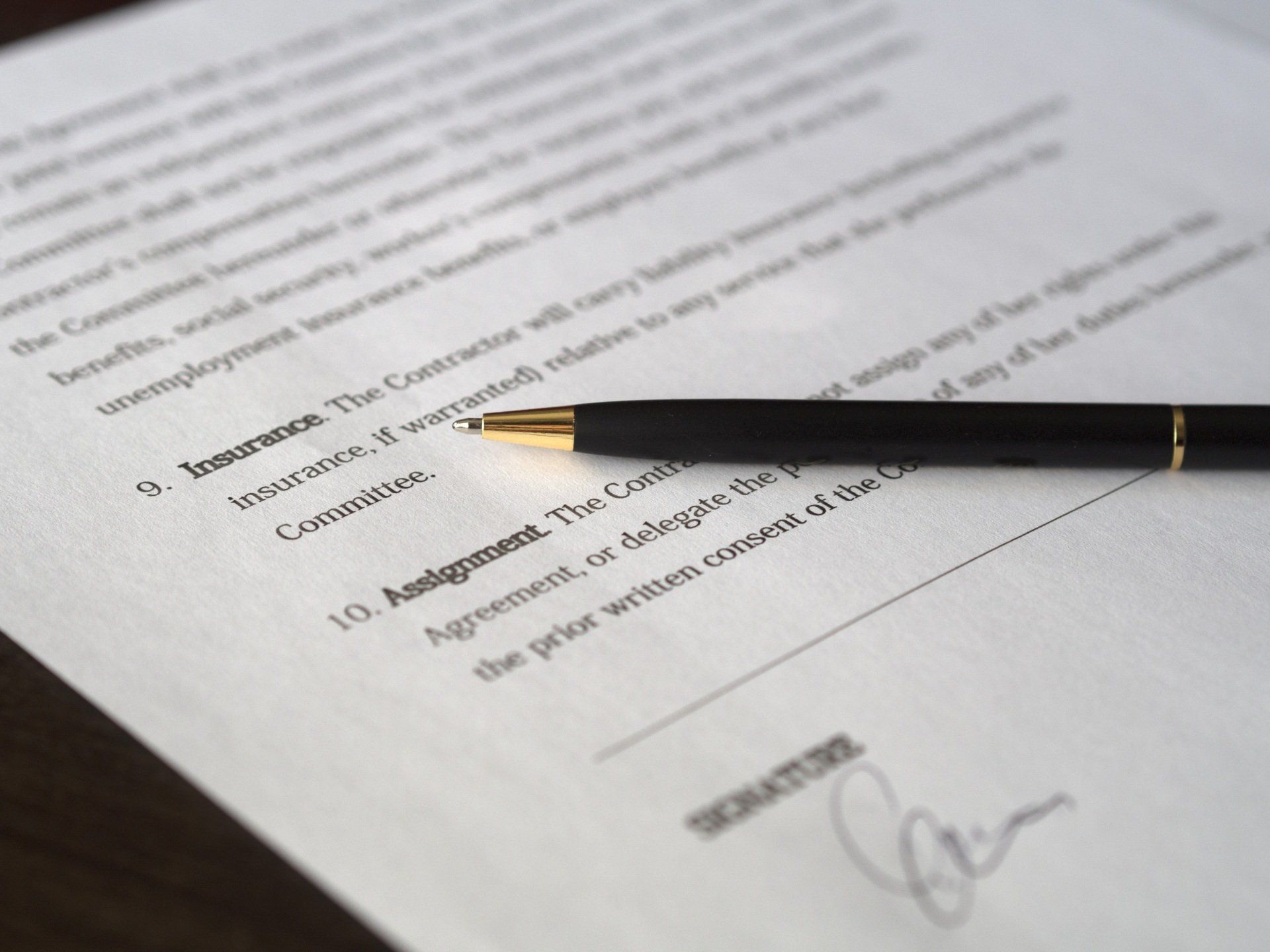Divorce: How to Split Assets After a Separation
Who gets what in a divorce? Great question—but the answer isn’t always so straightforward.

If you’re going through a common-law or marriage separation in BC, you may feel overwhelmed with the abundance of information being thrown your way. Things like:
- “Who gets the house?”
- “Do I have to share my inheritance?”
- “What happens to the cottage I bought before we got married?”
- “Do I have to split my savings?”
Property Division in BC falls under the Family Law Act—legislation put in place in 2014 to ensure the division of family property can be done as fairly and simply as possible. Even with the changes, the division of property can be confusing and fraught with issues. An experienced lawyer at England Lam Family Law can assist you in understanding the law, the intricacies of property division, and maximizing the amount that you receive in a settlement. A knowledgeable family lawyer is an excellent investment in your financial future.
Read on to learn how to split assets during divorce in BC, the key differences between family property and excluded property, what happens to property owned before marriage in BC, and how to navigate through inheritance and divorce in BC.
Family Property and Excluded Property in BC
If you and your partner have been married or living common-law relationship and you decide to separate, there are laws in place that state how your assets and debt should be divided. The Family Law Act classifies assets into “family property” and “excluded property”. Family property is generally divided equally between the spouses whereas excluded property is generally not divisible.
What is Family Property?
Anything that you or your partner owns (jointly, solely, or jointly with a third party) on the day of your separation is considered family property unless it is excluded. In most families, family property includes:
- Your family home
- Other real estate
- Investments
- Bank accounts
- RRSPs
- Funds in pension plan
- Insurance policies
- Businesses
Even if only one of you own or have a beneficial interest in any of the above assets, in the eyes of the law, it’s considered family property.
What is Excluded Property?
The Family Law Act contains a list of exclusions a spouse may claim. The most common excluded property we see in family cases are:
- Pre-relationship assets
- Gifts or inheritance to one spouse
- Insurance settlements or Judgments except for that portion to compensate for a spouse’s loss of income
If the value of the excluded property increased while you were living together, the value of that increase becomes part of the family property and would be divided equally.
For example, if you owned a lakeside cottage prior to moving in with your partner or common law spouse, and the value of the cottage increased by $50,000.00 since the day you moved in together, you’re now obligated to give your partner their share, which in this case would be $25,000.00. But if the property in question didn’t increase in value at all, you wouldn’t owe your partner anything for that cottage.
Excluded property includes any property that was purchased with excluded property. In other words, if you have an exclusion that is traceable to an existing asset at the time of separation, you can still claim the exclusion. Tracing the value of an excluded property can be a complicated process. If you need more information, the team at England and Lam Family Law can help.
What if My Partner or Common Law Spouse Gave Me the Excluded Property?
There are some cases where excluded property may become family property when it can be proven that the partner’s intention was to gift away or share the exclusion with his or her spouse.
For example, Sue inherits $10,000 from her grandfather’s estate. She deposits those funds into the parties’ joint chequing account where both of their employment incomes are deposited and where the majority of their family expenses are debited. In such circumstances, the court may find that Sue intended to share the excluded property with her partner given the parties’ equal access to that account. Another problem that arises for Sue in this scenario is that she may not be able to trace her exclusion even if she can prove that her intention was to keep her excluded property separate.
To avoid the possibility of having excluded property become family property down the road, be sure to have a
legal written agreement between yourself and your partner agreeing on anything that should remain excluded property, including:
- Gifts or money from family
- Inheritances
- Any excluded property (such as the money you saved prior to living with your partner) that you have put into family property (such as the home you bought together)
If you have questions about a particular scenario regarding excluded or family property, it’s always best to get legal advice before taking action.
What is Family Debt?
During your relationship, any debt incurred by either spouse is considered family debt and both partners are equally responsible for it, regardless if they’re married or living common-law, or if one partner’s name isn’t listed on the debt. The best way to avoid joint debt is by way of agreement, such as a cohabitation agreement, or marriage agreement. Family debt can include:
- Money borrowed from family members
- Overdrafts
- Lines of credit
- Credit cards
- Loans
- Mortgages
- Income tax
- Repair costs incurred for improvement of property
If any of the above is used to take care of family property after spouses separate, it would also be considered family debt and therefore shared.
Can There Be Unequal Division of Family Property in BC?
Sometimes, yes. When dividing assets and property during divorce, the courts will only consider
dividing the property unequally if there are factors deemed “significantly unfair” for one partner to receive an equal share. This is a high threshold to meet. There are many factors the courts may take into consideration before deciding whether unequal division of debt or property is necessary, which include but are not limited to:
- The length of your relationship
- Any signed and witnessed written agreements
- The reason(s) for having family debt
- If the family debt has higher value than the family property
- Each partner’s ability to pay down the debt (stay at home moms or dads would have a harder time paying off the debt)
- If one partner increased or lowered the property value or family debt after separation
- A spouse’s contribution to the career or career potential of the other spouse
- Tax liabilities that may be incurred as a result of a transfer of assets
If it seems reasonable for either you or your partner to have an unequal division of assets, property or debt, you can mutually agree to the unequal division to make things a little easier on everyone involved.
England & Lam: Your Advocate When You Need It Most
Are you looking for trusted advice on how to navigate the world of separation and divorce in Vancouver, BC? The team of property division divorce lawyers at England & Lam can walk you through the best ways of protecting yourself, your family, and your assets during this difficult transition.
You don’t have to do this alone. Contact us today to book your free consultation








